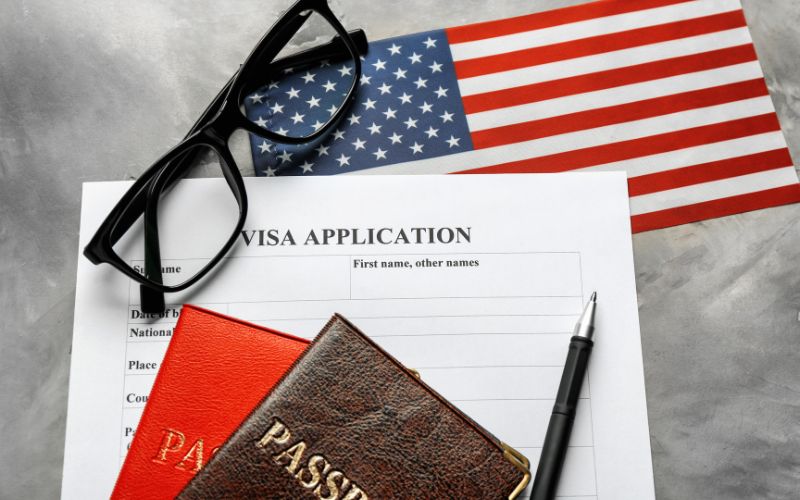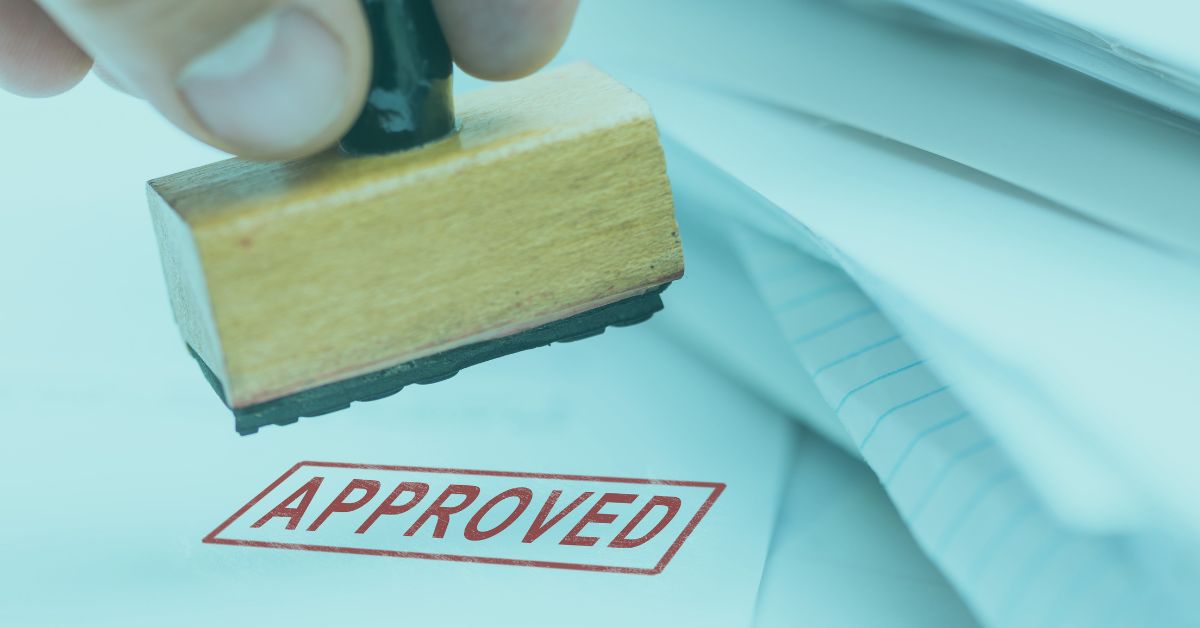For many foreign entrepreneurs, E2 visa approval is one of the most practical ways to move to the United States through a business investment. The demand reflects that. In FY 2024, U.S. consulates issued more than 55,000 E-2 visas, with far fewer refusals—clear evidence that well-prepared cases continue to succeed.
That momentum is carrying into 2025, particularly among applicants from Japan, South Korea, Canada, and European treaty countries. Still, strong numbers don’t mean automatic approval. Whether your case is reviewed by USCIS, other immigration services, or a consular officer abroad, the outcome usually comes down to one core question:
“Does this investor have a real, well-funded business that’s ready to operate?”
This article walks through how the E-2 process works, what officers actually look for, and why franchise and structured business models tend to perform so well—especially when investors want clarity and predictability.
What Is the E-2 Investor Visa?
The E-2 visa is a nonimmigrant visa available to nationals of a treaty country under a qualifying international agreement. It allows a treaty investor to enter the U.S. to develop and direct an investment enterprise, which can be a franchise, startup, or existing business.
What matters most is that the business is real. It must qualify as a commercial enterprise—not something designed for minimal living. Immigration officers want to see a company that can grow, support job creation, and have a significant economic impact over time.
Most investors are admitted for up to two years, with the ability to extend through the renewal process. Depending on the treaty and the consulate, some visas are issued for an extended period, even up to five years.
Why Franchising Works So Well for E2 Visa Approval
From an adjudicator’s point of view, uncertainty is the biggest risk. Franchises reduce that risk in a very practical way.
A well-chosen franchise usually shows:
- A proven investment enterprise with clear commercial sense
- Defined business operations and an efficient operation
- Clear operational control by the investor
- Transparent use of investment funds
- Immediate readiness to begin operating commercially
Officers across Homeland Security, border protection, and U.S. consulates are trained to spot the difference between a business that’s ready to launch and one that’s still theoretical. Franchises tend to remove guesswork—and that makes approval easier.
Why Most Franchise E-2 Applications Succeed (and Why Some Don’t)

After reviewing many E-2 cases, the pattern is fairly consistent.
Successful franchise applicants usually:
- Choose an E-2-friendly commercial enterprise or qualifying organization
- Make a substantial investment that fits the business
- Provide clear financial documents showing funds were obtained legally
- Understand the application process and visa process
- Follow established systems instead of improvising
- Hire with intention to support job creation
- Present a clear, realistic plan for long-term business operations
Applications that struggle often:
- Under-invest or rely too heavily on loans
- Select weak or unproven businesses
- Use unrealistic projections
- Appear unready to operate
- Look structured mainly to support the investor personally
The weakest cases aren’t unlawful—they just feel uncertain. And uncertainty is exactly what adjudicators are trained to avoid approving.
What an E-2 Visa Officer Actually Looks For
During the initial review, the consulate process, and the visa interview, officers are asking practical, real-world questions:
- Is this a genuine bona fide enterprise, or just a concept?
- Is a substantial amount already invested and truly at risk?
- Have real steps been taken beyond the initial application?
- Does the business look likely to succeed?
- Will it create U.S. jobs?
- Will the investor actively run the business in a managerial position?
When those questions are clearly answered—and supported with evidence—E2 visa approval becomes much more likely.
During the E-2 Consulate Process
The application process involves detailed documentation, but it’s all aimed at one thing: proving the business is real and ready.
Most cases include:
- Proof of lawful source of funds
- Evidence the investment funds are already committed
- A detailed business plan
- Corporate formation and operational documents
- Financial projections and contracts
After the initial response, it’s common for consulates to request additional documentation. The visa interview is where applicants explain their business directly to a consular officer, who evaluates readiness, credibility, and long-term viability. Strong interviews often lead to an approval notice, followed by visa issuance.
Processing Time and Premium Processing
Some investors apply through USCIS to change status from inside the U.S.; others apply through the applicable U.S. consulate abroad.
A few timing points to keep in mind:
- Estimated processing times vary by consulate
- Certain USCIS filings qualify for premium processing
- The premium processing service requires a premium processing fee (an additional fee)
- Premium processing can reduce USCIS review time to about two weeks
- It does not speed up consular interviews or appointment availability
Employees and Family Members
The E-2 visa often covers more than just the investor. Certain employees may qualify if they share the same nationality and meet role requirements. Investors may also bring family members, including a spouse and unmarried children.
Spouses are eligible to apply for an employment authorization document (EAD), allowing them to work in the U.S. without employer restrictions.
Final Thoughts
The E-2 visa isn’t something you buy—it’s something you earn by building a business the U.S. can trust.
Officers aren’t looking for perfection. They’re looking for preparation, credibility, and real operational control. When investors choose the right franchise, invest properly, and document everything clearly, the path to approval becomes much smoother.
Working with an experienced immigration attorney and a knowledgeable franchise consultant can help align the business decision with the visa strategy—reducing risk and increasing long-term success.
